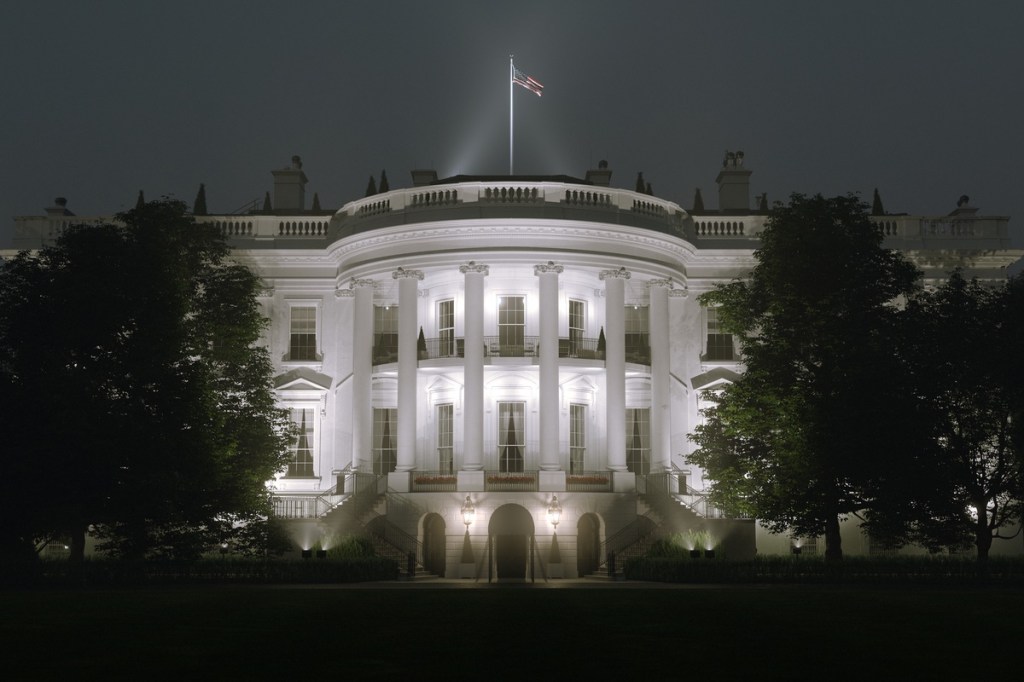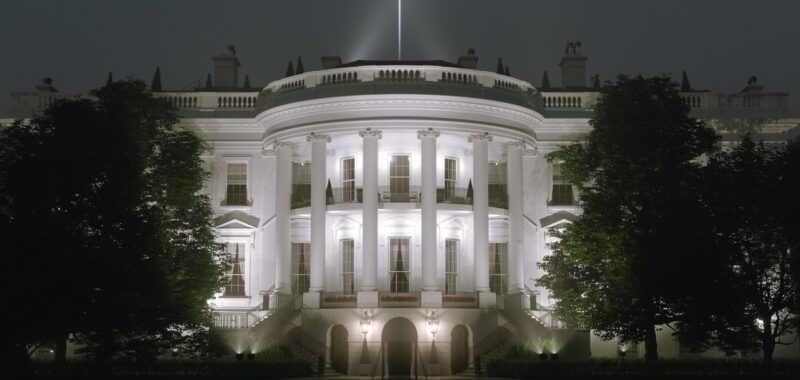
Good morning from Skift. It’s Wednesday, April 2. Here’s what you need to know about the business of travel today.
United States President Donald Trump’s promised tariffs on the U.S.’s leading trading partners are expected to go into effect on today. While tariffs may not directly impact the travel industry, they could have significant knock-on effects.
Although tariffs don’t get added to airfares, hotel rooms, or tours, they’ll likely lead to higher prices and a stronger U.S. dollar, making the U.S. a more expensive destination. In addition, tariffs could present challenges for hotel owners, including helping push up the cost of construction materials such as steel. Owners may also see costs rise for furniture and equipment.
Tariffs — especially the heated rhetoric around them — could reduce the willingness of international travelers to visit the U.S. United Airlines CEO Scott Kirby said at a conference in March that the carrier had seen a “big drop” in Canadian traffic to the U.S. And Porter Airlines President Kevin Jackson told Skift the Canadian carrier has paused marketing for U.S. destinations.
Listen to This Podcast
🎧 Subscribe
Apple Podcasts | Spotify | Youtube | RSS
Next, Accor CEO Sébastien Bazin said summer bookings from Europe to the U.S. have dropped substantially, Hospitality Reporter Luke Martin writes.
Bazin cited “bad buzz” in a Bloomberg TV interview as a reason for the 25% drop. Martin notes recent reports of international visitors being detained by U.S. border agents have heightened industry concerns about the country’s travel policies. Bazin said European travelers are increasingly choosing to travel to destinations like Canada, South America, and Egypt.
Finally, the board of troubled vacation rental manager Vacasa has endorsed a buyout offer from real estate platform Roofstock in alliance with smaller property manager Casago. Executive Editor Dennis Schaal explains why that’s not the end of the story.
Schaal notes the endorsement was based on the recommendation of a special committee formed to review offers. Vacasa actually received a higher bid from hedge fund Davidson Kempner, which has alleged that some Vacasa shareholders forced “a sweetheart deal for themselves” to the detriment of other shareholders.
Three law firms have recently announced they’re investigating whether the Vacasa board of directors breached its fiduciary duties by accepting the lower Casago bid. Casago’s bid to acquire Vacasa is scheduled for a shareholder vote on April 29. As of now, Davidson Kempner’s offer will not be considered.
For more travel stories and deep dives into the latest trends, head to skift.com.
To find these stories and more insight into the business of travel, subscribe to the Skift daily newsletter at skift.com/daily.

